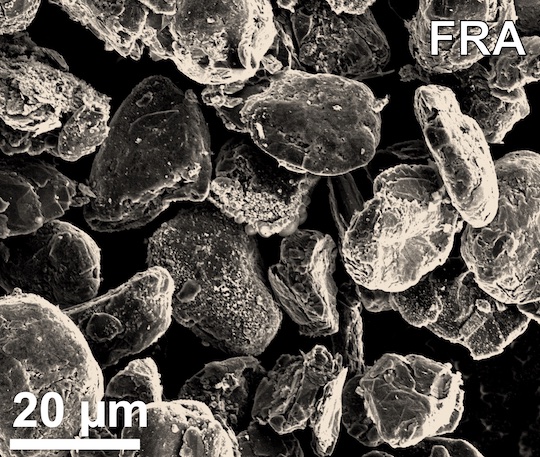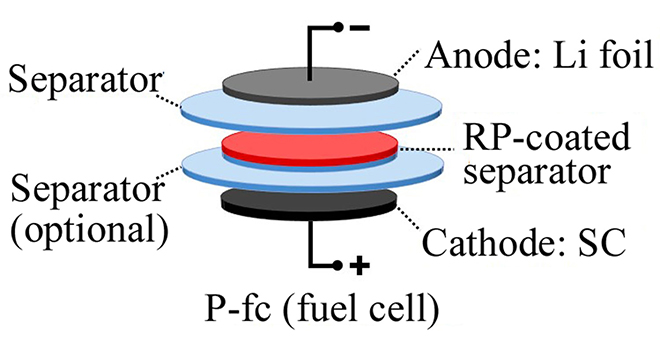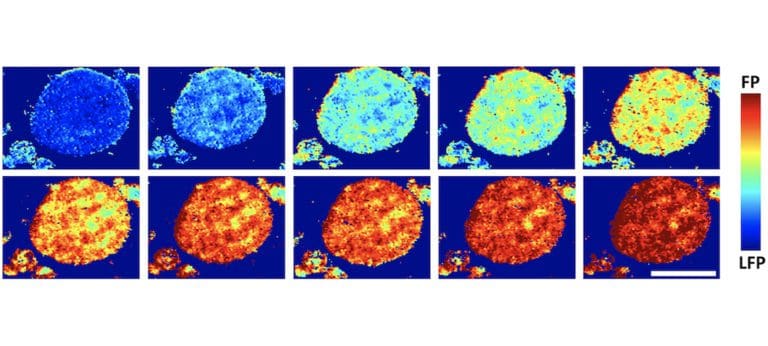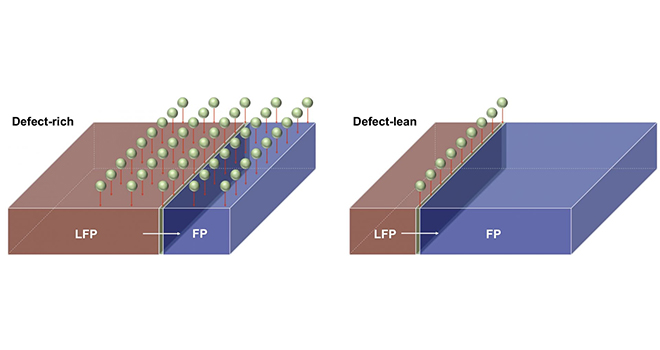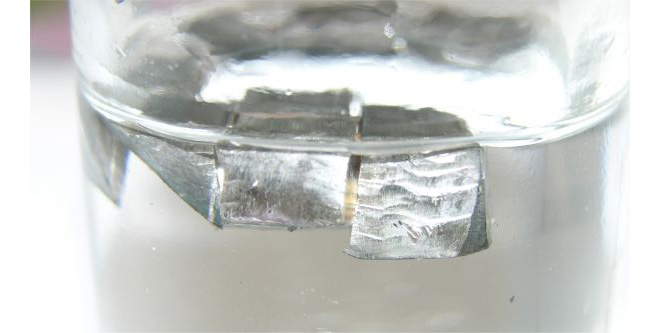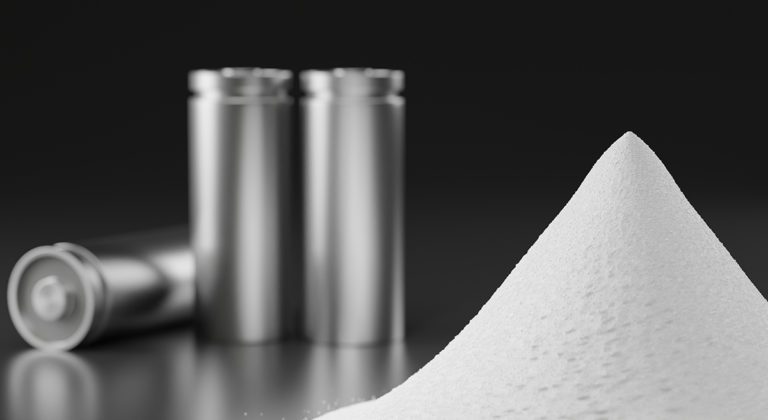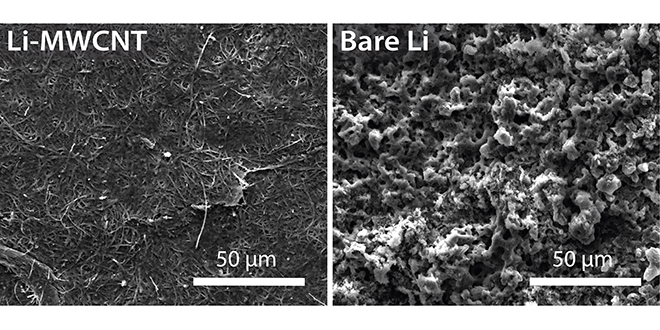Rice University scientists have reported what they believe to be a partial solution to the mounting disposal problem of worn-out lithium-ion batteries. It relies on a unique “flash” Joule heating process they have developed to produce graphene from waste. The lab of Rice chemist James Tour is said to have reconfigured the process to quickly… Read more »
Search Results Found For: "Rice University"
New analytical model from Rice University helps fine-tune battery performance
Rice University engineers have devised a simpler and more efficient way to predict battery performance, which they claim is 100,000 times faster than current modeling techniques. The analytical model developed by materials scientist Ming Tang and graduate student Fan Wang of Rice University’s Brown School of Engineering doesn’t require complex numerical simulation to guide the… Read more »
Rice University adds red phosphorus to separators to foil dendrites
Rice University scientists have found that adding a layer of red phosphorus to separators in lithium metal batteries can signal when damaging dendrites threaten to create a short circuit. Rice University chemist James Tour made lithium metal test cells with a coat of red phosphorus on the separator, which keeps the anode and cathode electrodes… Read more »
Are electric trucks cheaper to operate when diesel prices are low?
Several studies have found that light-duty EVs tend to have lower total cost of ownership than legacy vehicles—the lower fueling and maintenance costs cancel out the higher purchase price within a few years. The same is expected to hold true for heavy-duty EVs, but to date there hasn’t been a lot of real-world testing. A… Read more »
Plymouth State University uses V2G technology to power its facilities
Two Nissan LEAF EVs at Plymouth State University (PSU) have provided 1 MWh of energy to PSU’s ALLWell Center, offsetting some of the building’s electricity needs. The university is reducing its electricity bill and supporting grid resilience by taking part in a special rate program developed by local utility New Hampshire Electric Cooperative (NHEC), electrification… Read more »
Rice researchers find misaligned crystallites in cathodes limit lithium flow
Researchers at Rice University have found that stress between misaligned crystallites in cathodes limits the flow of lithium. In an article published in ACS Energy Letters, the researchers write: “As an important battery cathode material, reaction distribution in lithium iron phosphate (LiFePO4) has been extensively studied in dispersed particle systems, but remains poorly understood for… Read more »
Rice researchers find inserting detours within a battery cathode improves charge/discharge rate
We have all heard the comforting bromide about our imperfections being our greatest strengths. Rice University researchers have recently proven this platitude in the context of battery charging cycles with the discovery that defects purposely inserted into the crystalline lattice of a lithium iron phosphate cathode actually cause the battery to work more, not less,… Read more »
New study: Lithium cost swings unlikely to impact battery prices
Global lithium prices have doubled over the last six months, sparking a scramble to secure sources of the metallic element, and causing pundits to ponder whether white lightning may be the new black gold. However, a new study by a Carnegie Mellon University team has found that even large increases in lithium prices are unlikely… Read more »
DOE funds 10 projects for lithium extraction from geothermal brines
The US Department of Energy (DOE) has announced funding of $10.9 million for 10 projects in 9 states, designed to advance innovative technologies for the extraction and conversion of battery-grade lithium derived from US geothermal brine sources. Two topic areas were chosen for the projects. The first, “Field Validation of Lithium Hydroxide Production from Geothermal… Read more »
Carbon nanotubes help make lithium metal batteries more durable
Carbon nanotubes could make high-powered, fast-charging lithium metal batteries an alternative to lithium-ion batteries, according to new research from Rice University. In a paper published this month in the journal Advanced Materials, the researchers show how a carbon nanotube film can be used to keep batteries safe from dendrites, spear-like protrusions that naturally form on… Read more »







